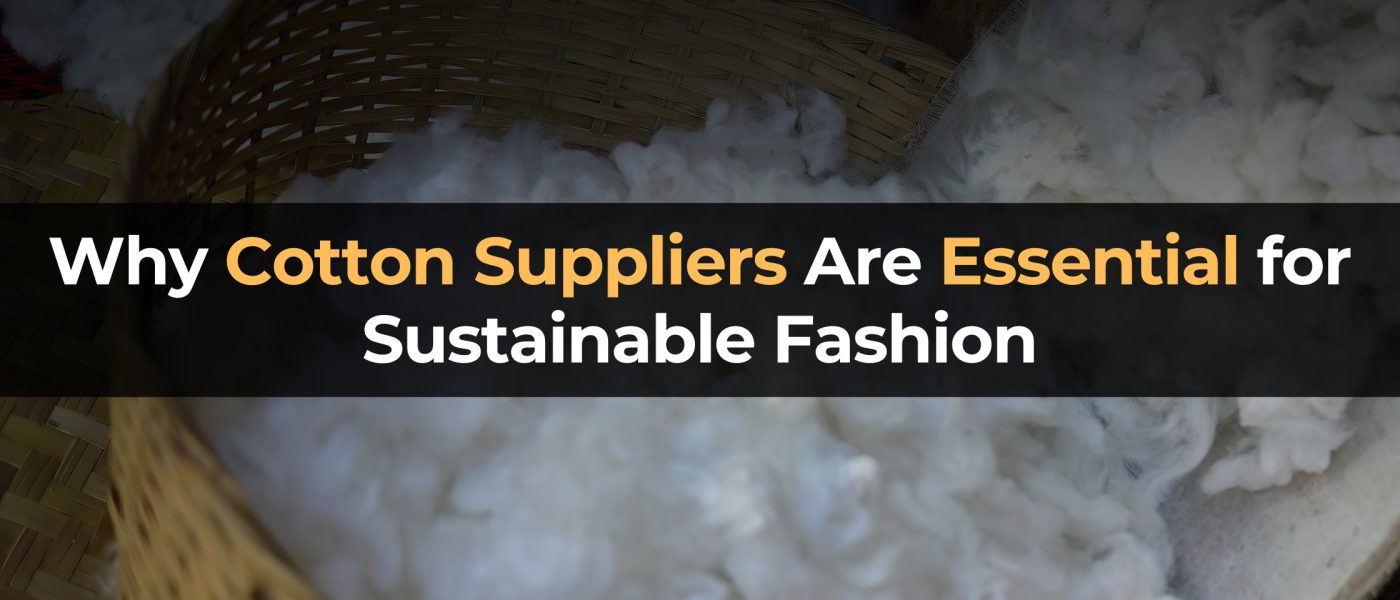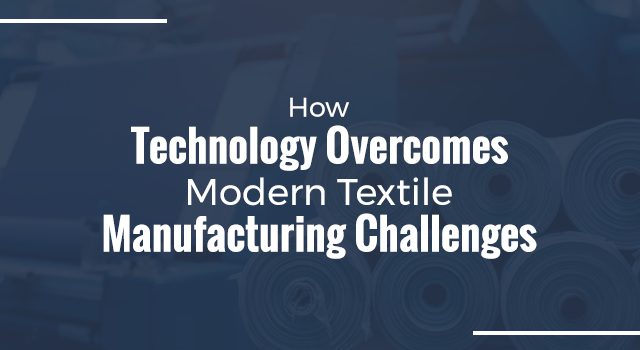As awareness of environmental issues grows, the fashion industry is increasingly embracing sustainability. One of the key elements of sustainable fashion is sourcing materials in an eco-friendly, ethical way. Cotton suppliers play a pivotal role in this movement, providing a renewable, biodegradable material that meets the demands of cotton buyers committed to green practices. In this article, we’ll explore why cotton suppliers are essential to the sustainable fashion industry, how they contribute to eco-friendly practices, and what both suppliers and buyers can do to drive sustainability forward.
The Role of Cotton in Sustainable Fashion
Cotton has been used in textile production for thousands of years. As a natural fiber, it is biodegradable, renewable, and known for its breathability, durability, and comfort. Cotton can be grown organically, which reduces the need for harmful pesticides and chemical fertilizers, making it a key material in sustainable fashion.
The rise of sustainable fashion has increased the demand for ethically sourced, eco-friendly cotton. Brands, designers, and manufacturers are now looking to cotton suppliers who can provide cotton that is not only of high quality but also grown and processed in a manner that respects environmental and social standards.
Why Cotton Suppliers Are Important for Sustainable Fashion
Cotton suppliers are critical to sustainable fashion for several reasons:
- Providing Eco-Friendly Materials
Cotton suppliers that produce organic cotton play a significant role in sustainable fashion. Organic cotton is grown without the use of synthetic pesticides or fertilizers, which reduces the impact on the environment and conserves biodiversity. By supplying organic and sustainably sourced cotton, these suppliers help fashion brands reduce their ecological footprint. - Supporting Ethical Labor Practices
Sustainable fashion isn’t just about eco-friendly materials; it also involves fair labor practices. Reputable cotton suppliers ensure that workers are paid fair wages and operate in safe conditions. Ethical practices along the supply chain are crucial for brands committed to transparency and social responsibility. - Reducing Water and Energy Consumption
Traditional cotton farming requires substantial amounts of water, which is a concern in regions with water scarcity. Sustainable cotton suppliers use innovative methods to reduce water usage, such as rain-fed irrigation systems and drought-resistant cotton varieties. They also implement energy-saving practices in processing cotton, helping reduce the carbon footprint of cotton products. - Enhancing Product Quality and Longevity
Sustainable fashion focuses on creating high-quality items that last longer, reducing the need for frequent replacements. Cotton suppliers who provide high-quality fibers enable brands to produce durable, long-lasting garments. High-quality cotton not only enhances the feel and look of the clothing but also supports a circular economy by promoting reusable and recyclable products. - Educating Cotton Buyers on Sustainability
Many cotton buyers seek sustainable options but may not know all the factors that make cotton eco-friendly. Cotton suppliers often educate buyers on the benefits of organic, Fair Trade, and sustainably certified cotton. This guidance helps buyers make informed decisions and choose materials that align with sustainable values.
How Cotton Suppliers Are Making Cotton Production More Sustainable
In response to the growing demand for sustainable fashion, many cotton suppliers are adopting eco-friendly practices that reduce the environmental impact of cotton production. Here are a few ways cotton suppliers contribute to sustainability:
1. Embracing Organic Farming Practices
Organic cotton farming avoids synthetic pesticides and fertilizers, reducing soil and water contamination. Many cotton suppliers have shifted to organic farming methods to meet the demand from brands and cotton buyers who prioritize environmental safety. Organic cotton farming is also beneficial for farmers’ health, as it reduces exposure to toxic chemicals.
2. Using Non-GMO Seeds
Genetically modified organisms (GMOs) are controversial in agriculture due to concerns over biodiversity and long-term environmental impact. Many sustainable cotton suppliers use non-GMO cotton seeds, promoting biodiversity and supporting eco-friendly farming practices. Non-GMO cotton aligns well with the sustainable fashion movement, as it reduces reliance on chemical inputs and supports natural growth cycles.
3. Reducing Water Consumption
Water conservation is essential in cotton farming. Some cotton suppliers have introduced efficient irrigation systems, such as drip irrigation, which reduces water waste. In addition, some sustainable cotton farming practices rely on rain-fed irrigation, significantly lowering water use. By using less water, cotton suppliers help conserve this precious resource and make cotton farming more sustainable.
4. Minimizing Chemical Usage
Chemical fertilizers and pesticides harm the environment, affect biodiversity, and can lead to soil degradation. Sustainable cotton suppliers opt for natural pest control methods and organic fertilizers, which maintain soil health and reduce the negative impact on ecosystems. These eco-friendly methods make the cotton production process safer for the environment and beneficial for local communities.
5. Certification for Ethical and Sustainable Practices
To verify their commitment to sustainability, many cotton suppliers pursue certifications such as Global Organic Textile Standard (GOTS), Fair Trade, and OEKO-TEX. These certifications assure cotton buyers and brands that the cotton meets specific environmental and ethical standards. Certifications also make it easier for brands to communicate their commitment to sustainability to their consumers.
Tips for Cotton Buyers Committed to Sustainable Fashion
For cotton buyers who prioritize sustainable practices, choosing the right suppliers is key. Here are some tips for selecting suppliers who align with eco-friendly values:
- Look for Certified Suppliers
Certifications such as GOTS and Fair Trade indicate that a cotton supplier meets high standards for sustainability and ethics. Cotton buyers should seek certified suppliers to ensure they are sourcing environmentally friendly materials. - Evaluate the Supplier’s Environmental Practices
Ask potential suppliers about their water and energy conservation practices, chemical usage, and waste management. Suppliers who prioritize sustainability often have transparent policies and are willing to share information about their eco-friendly practices. - Build Long-Term Relationships with Sustainable Suppliers
By establishing long-term relationships with sustainable cotton suppliers, buyers can ensure a consistent supply of eco-friendly materials. A strong partnership fosters trust and allows suppliers to understand buyers’ specific sustainability needs better. - Stay Informed on Sustainable Cotton Trends
The sustainable cotton industry continues to evolve, with new techniques and practices emerging. Cotton buyers should stay informed about trends, innovations, and certifications related to sustainable cotton to make informed decisions. - Encourage Transparency in the Supply Chain
Cotton buyers can encourage their suppliers to be transparent about their production practices. Transparency helps buyers verify the authenticity of eco-friendly claims and promotes trust in the supply chain. Brands that practice transparency can also better communicate their sustainable practices to consumers.
Conclusion
As the fashion industry shifts towards more sustainable practices, the role of cotton suppliers has never been more critical. By providing high-quality, eco-friendly materials, supporting ethical labor practices, and adopting sustainable farming methods, cotton suppliers help brands and cotton buyers create a positive impact on the environment and society.
Sustainable cotton sourcing is a shared responsibility, with both suppliers and buyers playing an essential role. As the demand for sustainable fashion grows, the collaboration between suppliers and buyers will be crucial in driving change and making the textile industry greener. By choosing sustainable cotton suppliers, brands can ensure that they are not only delivering quality products to consumers but also contributing to a more sustainable and ethical world.




